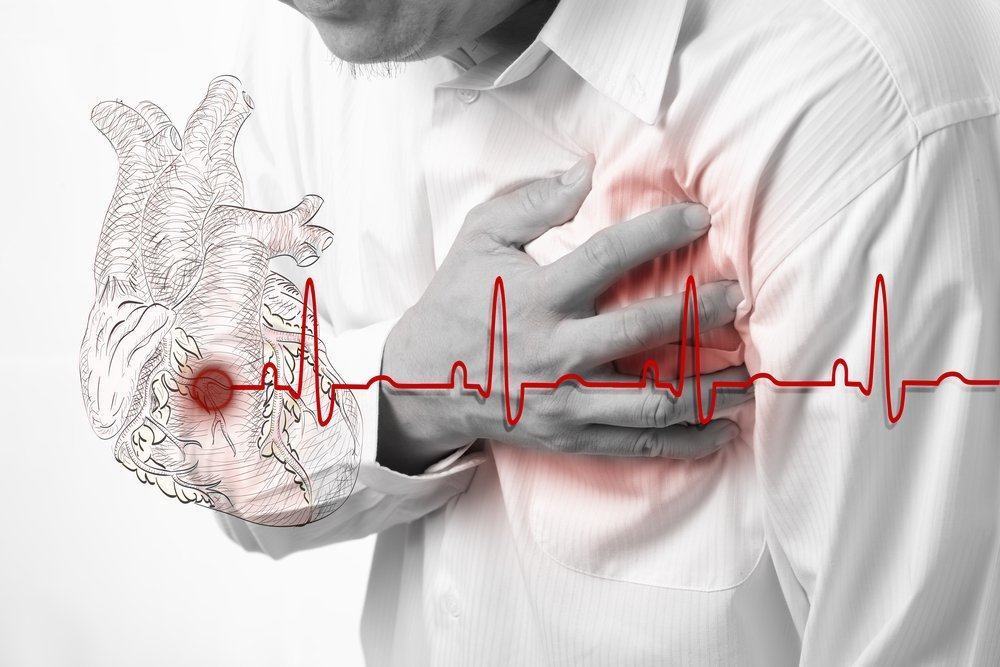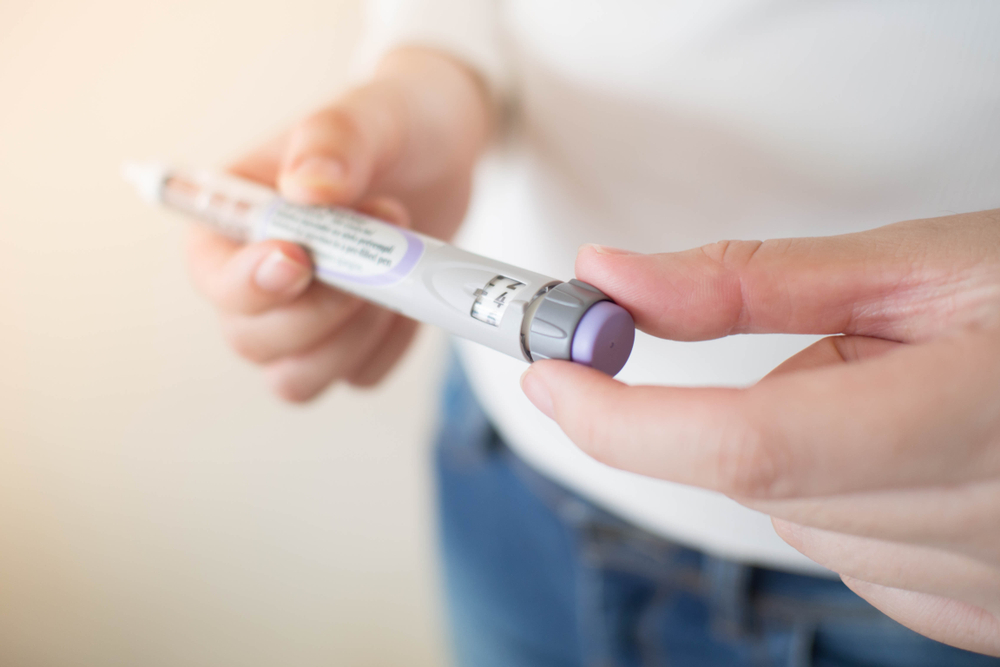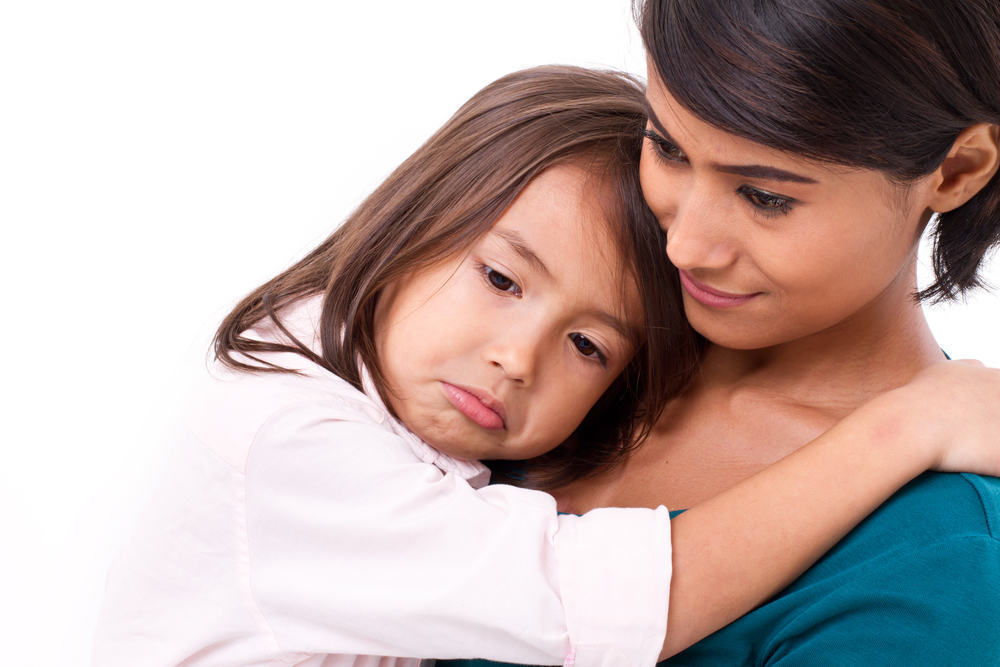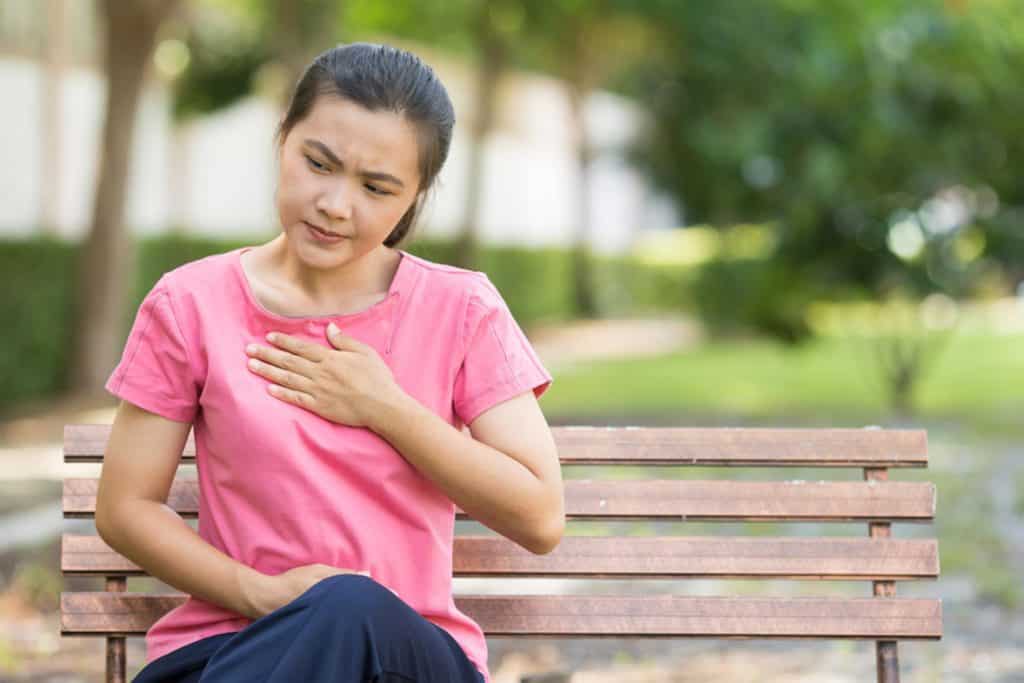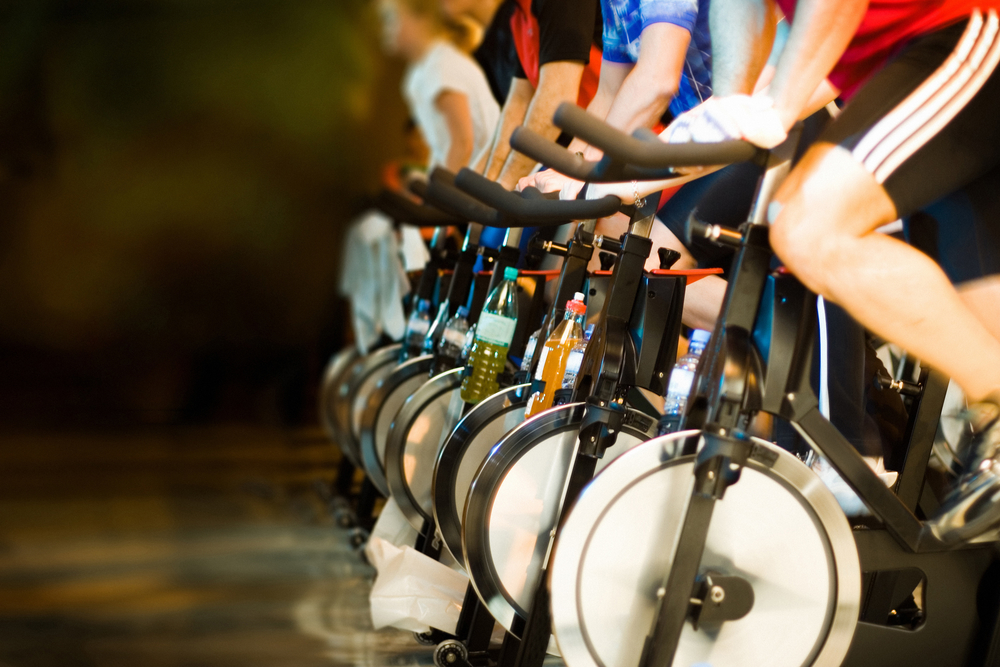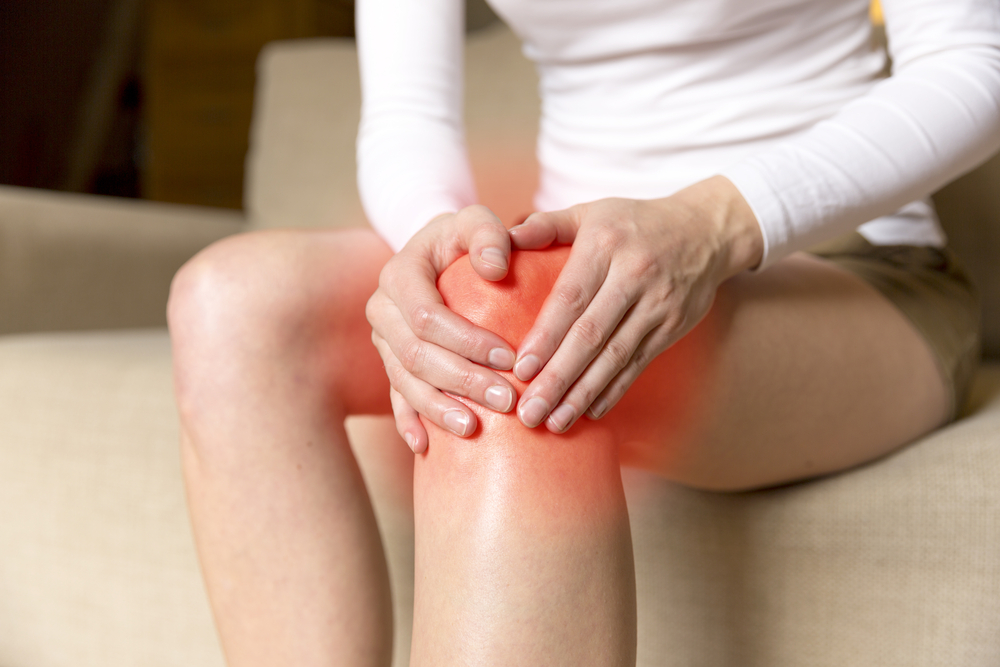Contents:
- Medical Video: First Aid in Heart Attack
- Get to know the symptoms of a heart attack
- What to do if a heart attack occurs
- Things to avoid
Medical Video: First Aid in Heart Attack
A heart attack is a medical emergency. This condition usually occurs when oxygen-rich blood flow is suddenly blocked, so that blood does not reach the heart muscle. If blood flow is not returned quickly, part of the heart muscle will start to die.
According to the Indonesian Ministry of Health's Data and Information Center, every year in Indonesia there are more than 36 million people who die from Non-Communicable Diseases (PTM). Globally, PTM is the number one cause of death every year is cardiovascular disease (a disease caused by impaired heart and blood vessel function, such as coronary heart disease, heart failure or heart failure, hypertension, and stroke).
Get to know the symptoms of a heart attack
Acting quickly when you see the first sign of a heart attack symptom can save your life or someone else's life and can limit damage to the heart. The best treatment is given shortly after the appearance of symptoms.
Many people are not sure what happens when they experience symptoms of a heart attack. Therefore, here are some of the most common warning symptoms of men and women, namely:
- Pain or discomfort in the chest. Most heart attacks involve discomfort in the middle or left side of the chest. This discomfort usually lasts more than a few minutes or disappears and returns. It feels like it can feel like pressure, packaging, fullness, or pain. Besides that it can also feel like heartburn or digestive disorders.
- Discomfort in the upper body. You may feel pain or discomfort in one or both arms, back, shoulders, neck, jaw, or upper abdomen (above the navel).
- Hard to breathe. Maybe this is the only symptom that is experienced or it can be in conjunction with pain and discomfort in the chest. This can occur when resting or doing a little physical activity.
Other symptoms that may occur include:
- Cold sweat comes out
- Feel unusual fatigue for no reason, sometimes it happens for days (especially for women)
- Nausea (abdominal pain) and vomiting
- Regular dizziness or sudden dizziness
- There are new symptoms, sudden, or there is a change in pattern of symptoms that you already have (for example, if the symptoms that occur are stronger or longer than usual)
Not all heart attacks start abruptly, such as chest pain that is often seen on TV or in movies, because the symptoms are varied in each person. Some people can have some symptoms and are surprised to learn that they have had a heart attack. If you have had a heart attack, maybe the next symptoms will not be the same.
What to do if a heart attack occurs
Knowing how to give first aid is the most important part of a heart attack, because every time that passes is very valuable to you or others. The following are some ways you can do when you feel that someone else or even yourself is having a heart attack:
- Contact the local medical emergency number. Do not ignore or try to withstand symptoms for more than 5 minutes. If you do not have access to emergency medical services, contact a neighbor or friend to take the patient to the nearest hospital. Don't let someone get a heart attack driving alone.
- Chew and swallow aspirin. Do this before help arrives, unless you or someone who has a heart attack has an allergy to aspirin.
- Take nitroglycerin, if prescribed. If you think that you or someone else has a heart attack and the doctor has determined that nitroglycerin can be consumed, do it immediately as prescribed. Don't take nitroglycerin from someone else, because that can put you in danger.
- Give CPR / CPR if the person is unconscious. If you are with someone who has a heart attack and is unconscious, contact PMI, a hospital, or other medical personnel. You may be advised to start CPR (Pulmonary Cardiac Resuscitation / CPR). If you have never received CPR training, you are only advised to do chest compressions (around 100 per minute). See how to do CPR here.
Things to avoid
Don't do the following to avoid unwanted things:
- Do not leave the sufferer alone, other than to ask for help, if needed.
- Don't let the victim let the symptoms happen and ask you not to call for help.
- Don't wait until the symptoms disappear.
- Do not give anything to the sufferer by mouth, other than the medicines needed.
Your alertness can determine a person's life. A heart attack can occur anytime and anywhere, if it is handled late, the consequences will be fatal. To reduce the risk of someone dying from a heart attack, fill yourself and your family with information about first aid in a heart attack.
READ ALSO:
- Early signs of heart disease in men
- Symptoms of heart disease in women
- Ways to Predict Heart Attack in Women

